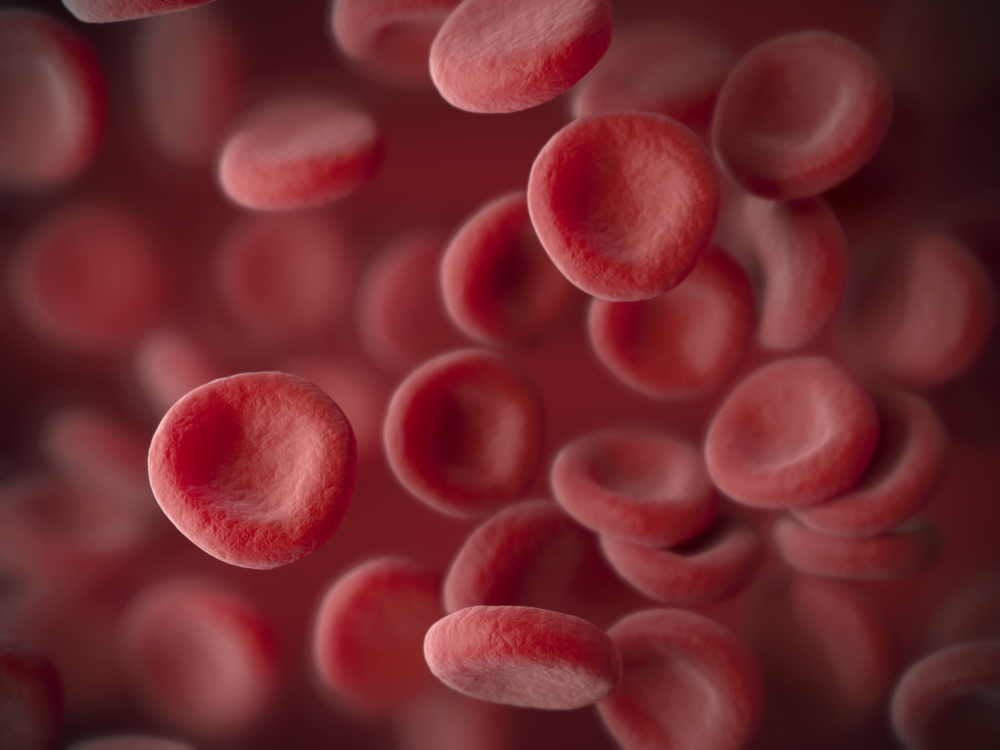No More Patients Needed in GENESIS Trial of Motixafortide, Committee Says
Written by |

An independent data monitoring committee has recommended that the GENESIS Phase 3 trial evaluating motixafortide (formerly BL-8040), as a means to improve stem cell transplants in multiple myeloma, ceases enrollment earlier, based on positive interim data.
Trial enrollment is now complete at 122 participants, while the original target was 177, according to a press release by BioLineRx, the therapy’s maker.
Full results of the study will be announced after the last patient completes 100 days of follow-up after bone marrow transplantation, expected to occur in the first half of 2021. These results will include secondary and exploratory endpoints, as well as extended safety data.
Motixafortide is a form of stem cell mobilizing therapy. Used in combination with granulocyte colony-stimulating factor (G-CSF), it enables hematopoietic stem cells (HSCs, which give rise to other types of blood cells) from the bone marrow to escape into the bloodstream by blocking the CXCR4 receptor, which normally holds them in check. Once in circulation, they can be harvested and grown for bone marrow transplants.
Transplanting a patient’s own cells back into the body avoids dangerous immune reactions that can occur when using donor tissue.
“Stem cell mobilization represents a significant unmet medical need in multiple myeloma, as between 50% and 70% of patients are poor mobilizers,” said Philip Serlin, CEO of BioLineRx.
In addition to stem cells, studies have shown that motixafortide draws cancer cells into circulation, where they are less protected from other treatments such as chemotherapy. It may also kill cancer cells directly by activating cellular self-destruction mechanisms.
A prior Phase 2 trial (NCT02639559) conducted at the Washington University School of Medicine in St. Louis demonstrated that a single injection of motixafortide was enough to mobilize as much stem cells into circulation as 4–6 injections of G-CSF, the standard approach for harvesting stem cells.
The GENESIS trial (NCT03246529), initiated in 2017, is now evaluating the safety, tolerability, and efficacy of motixafortide and G-CSF together, as compared to G-CSF plus a placebo. The study seeks to show that a single dose of motixafortide with G-CSF is superior to G-CSF alone at mobilizing over six million HSCs in no more than two blood-drawing sessions.
Secondary objectives include measuring the time it takes for neutrophils and platelets — two essential immune system components — to begin to function after transplantation (a process called engraftment) and how long engraftment lasts, among other safety and efficacy parameters.
“We eagerly await the final results of the study, expected in the first half of next year, which we hope will support our goal of changing the treatment paradigm in autologous stem-cell mobilization, thus positioning motixafortide in combination with G-CSF as the new standard of care in this indication,” Serlin added.



